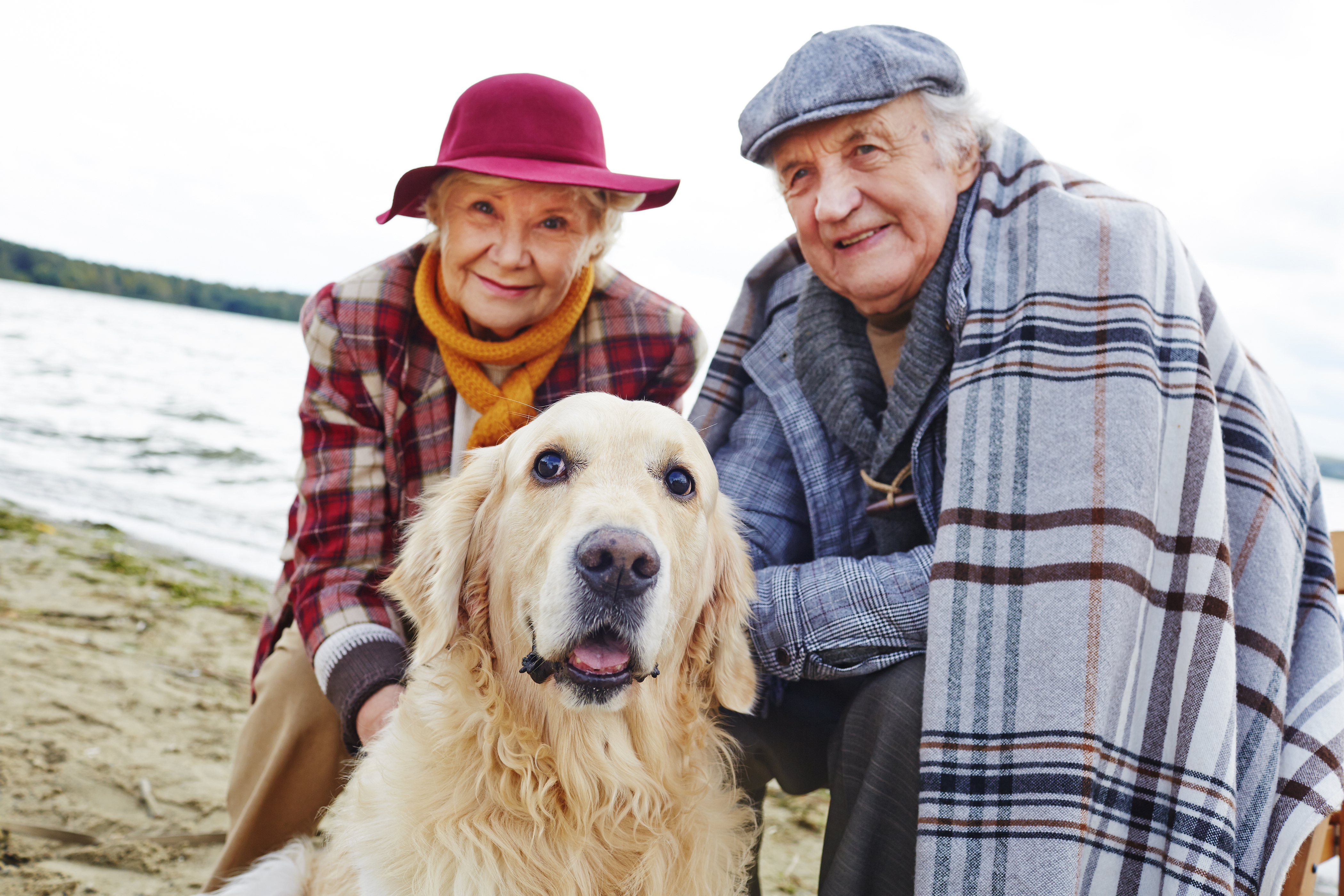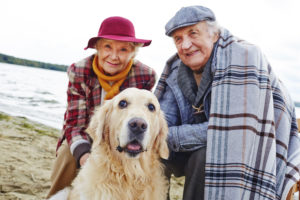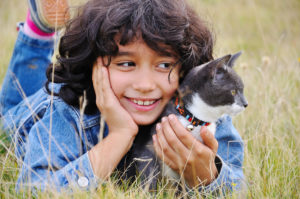
Pet Therapy – Promotes Healing
By Terri Murphy
Research finds that pets truly possess the power to heal their owners, especially the elderly. The most serious disease for older people is not cancer or heart disease, but loneliness. Most of us don’t evaluate our loved ones needs until we see them struggling with normal every day activities. We don’t look at how lonely their day is. Daily companionship is just as important as meeting their other daily needs.
Too often, people who live alone or who are suddenly widowed die of broken hearts. Love is the most important medicine and pets are one of nature’s best sources of affection. Pets relax and calm. They take the human mind off of loneliness, grief, pain and fear. They cause laughter and offer a sense of security and protection. They encourage exercise and broaden the circle of one’s acquaintances.
Patients in hospitals and nursing homes who have regular visits from pets – whether their own or those brought in – are more receptive to medical treatment and nourishment. Animals give the patient the will to live. They have a calming effect on humans, especially with children and the elderly.
Animals, especially small ones, have shown promise for many conditions, both social and physical:
- Pets help Alzheimer’s patients by bringing them back to the present. Specially trained pups can also alert others that an Alzheimer’s patient has wandered into harm’s way.
- Mentally ill patients, or those with emotional problems, share a common bond when a cat or dog enters the room. Instead of reacting negatively to one another, it boosts morale and fosters positive encouragement.
- Pets are an antidote to depression. A visit from a therapy cat or dog breaks the daily routine and stimulates interest in the world outside.
- Everyone has the need to touch. Many humans are uncomfortable hugging or touching strangers, even those close to them. Some people are alone and have no hands to hold, no bodies to hug. But rubbing the fur of a cat or dog can provide a stimulation that is sorely lacking. The nonverbal connection is invaluable in the healing process.
- Pets are a source of expectation, hope and communication.
In what specific ways do pets provide therapy for the elderly? According to studies, having a pet has been linked with lower blood pressure, higher socialization and activity, including enhanced mood and communication, as well as decreased agitation of elderly persons. Those suffering from Alzheimer’s disease may experience agitation during the evening, called sundowning. Regular interaction with pets helps lessen their feelings of anxiety and provides calmness and comfort, even during sundowning periods.
People think of dogs most of the time when they think about pet therapy, but other animals can be used in pet therapy too, such as cats, rabbits and fish. There are important things to consider by children and adults who plan to have pet therapy. A Pet ideal for therapy should be gentle, calm, and have no aggressive tendencies. Anxious and loud animals are not ideal pet therapy companions. Also, pet therapy may not be for every senior citizen. There may be elderly people that do not enjoy the presence of animals or may be terrified with large dogs. Pet therapy should take the patient’s likes and dislikes into consideration.



